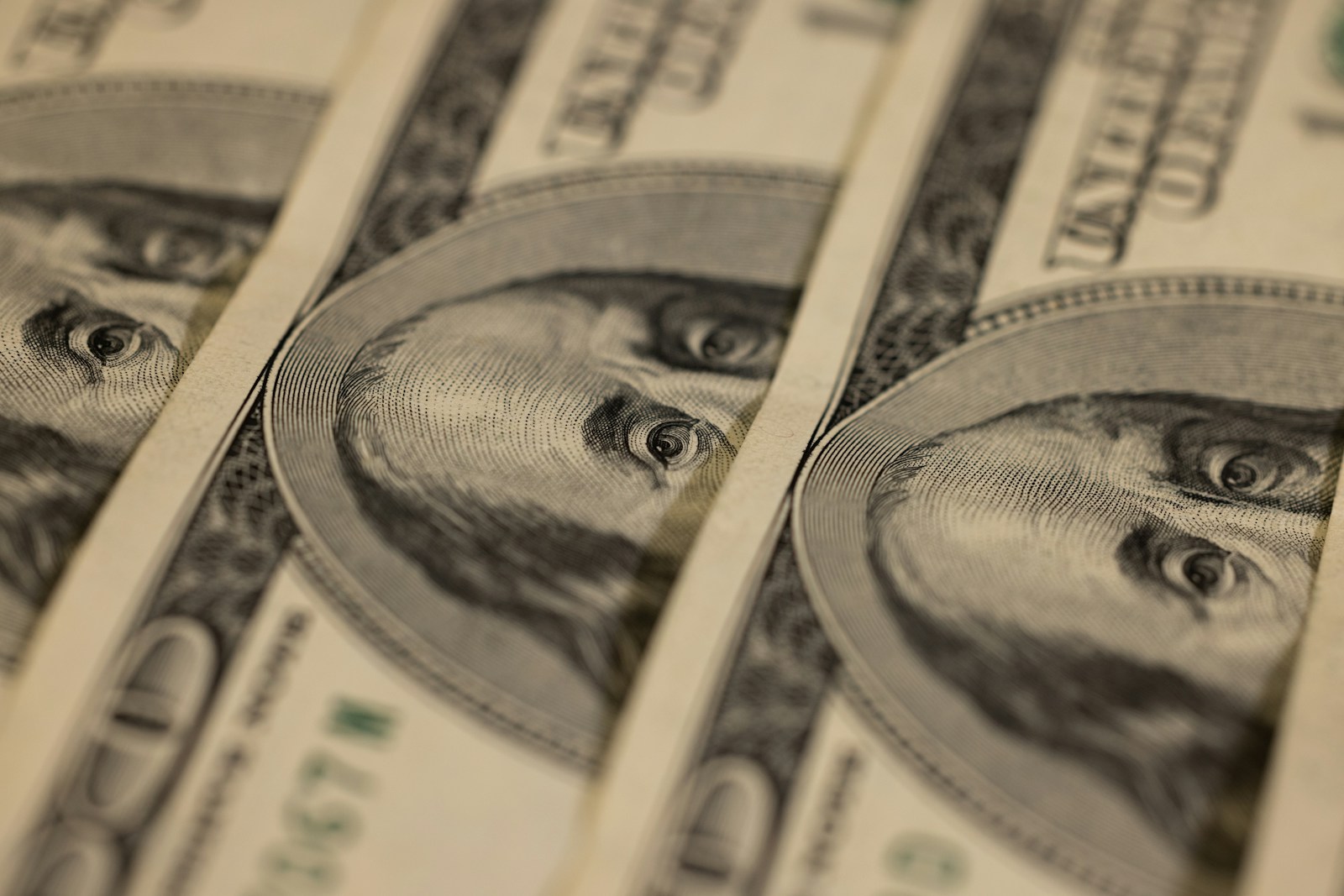Key Takeaways:
- Shareholders receive a 25% premium, getting $210 per share.
- A consortium led by Saudi Arabia’s Public Investment Fund will take EA private.
- Private ownership may boost innovation and long-term planning.
- Employees worry about layoffs and cost cuts under heavy debt.
Electronic Arts announced an agreement to go private in a $55 billion deal. Under this plan, a group of investors led by Saudi Arabia’s Public Investment Fund will acquire every share. The offer values each share at $210. That price gives current owners 25 percent more than the last trading price. For now, shareholders celebrate. Yet, some employees and industry watchers remain uneasy.
In simple terms, EA will shift from a public to a private company. That change gives leaders more room to plan big projects without quarterly pressure. Moreover, it can free them from public market swings. However, the heavy borrowing needed for this leveraged buyout raises concerns. High debt levels can force cost cuts in critical areas.
Why the EA Buyout Matters
First, this EA buyout shows how hot the gaming market has become. Investors see steady growth and strong revenue. Thus, they are ready to pour in billions. In addition, a private setup can help EA explore bold ideas. For example, studios might test new game types or tech without fearing a share price drop.
Second, the deal highlights Saudi Arabia’s growing role in tech and entertainment. Their fund already owns stakes in major companies. Now, they join the race to shape the future of gaming. Consequently, they could influence which games get made and how they launch.
Third, the buyout may reshape industry competition. Once private, EA could partner more freely with other firms. It might pursue deals that seemed risky under public scrutiny. As a result, rival publishers will watch closely. They will ask if going private leads to faster growth or more innovation.
How This Deal Affects EA Employees
Employees feel mixed emotions about the EA buyout. Many welcome the idea of long-term projects. They hope for bigger budgets and creative freedom. Yet, they also fear layoffs and tighter spending. After all, the deal uses a lot of debt. That debt often leads to cost cuts to protect profits.
Designers worry their favorite studios might shrink. Marketers fear less funding for new game launches. Meanwhile, support staff ask if their jobs will survive under debt pressure. In fact, some top executives have hinted at “efficiency measures.” Those words often mean job cuts or project cancellations.
On the bright side, privatizing can slow down constant performance reviews. Public companies answer to quarterly reports. In contrast, private firms can plan over years. Therefore, teams may avoid short-term demands. They can focus on polishing games instead of meeting every three-month deadline.
What Comes Next for Electronic Arts
Now, EA leaders must balance debt repayments with growth investments. They will likely set new priorities. First, they may cut or delay low-performing projects. Second, they might push harder on hit franchises. That focus can ensure revenue to service debt.
Moreover, EA could explore fresh partnerships. Private ownership opens doors to deals that once seemed too risky. For example, they might team up with streaming platforms or new hardware makers. In turn, these moves could lead to innovative game experiences.
On the other hand, big changes may take time. The deal still needs regulatory approval. Officials in several countries will review potential market impacts. That process can last months. Therefore, EA’s next steps might wait until regulators sign off.
Investor Outlook
Investors love a neat premium on shares. Thus, EA’s public owners stand to gain right away. Then, they will exit for a tidy profit. However, those holding stock during the transaction must stay patient. They must wait for regulators and final paperwork.
Meanwhile, the consortium will shoulder much of the risk. If EA’s profits dip, debt costs could bite hard. In that case, the new owners might push for cuts. Yet, if EA thrives in private mode, the rewards could multiply. Simply put, the gamble balances risk and reward.
In the end, the EA buyout highlights a shift in the gaming world. Big investors now back stable, revenue-generating companies. They want steady returns and growth potential. At the same time, industry workers and fans watch nervously. They hope big money brings bold games, not just shrink-wrapped budgets.
Frequently Asked Questions
What does “leveraged buyout” mean for EA?
A leveraged buyout uses borrowed money to buy a company. After the buyout, the company itself pays back the debt. This can increase financial pressure and lead to cost cuts.
How will the deal affect EA’s game development?
Private ownership may free EA to focus on long-term projects. However, leaders might cut smaller projects to manage debt. The focus will likely shift to proven franchises.
Will EA’s public shareholders make money?
Yes. The deal offers $210 per share, which is 25 percent higher than the recent market price. That premium provides a quick profit for current shareholders.
Could this buyout slow down new game releases?
It might. Heavy debt can push leaders to delay riskier projects. On the other hand, freedom from quarterly reports could boost planning and quality over time.
